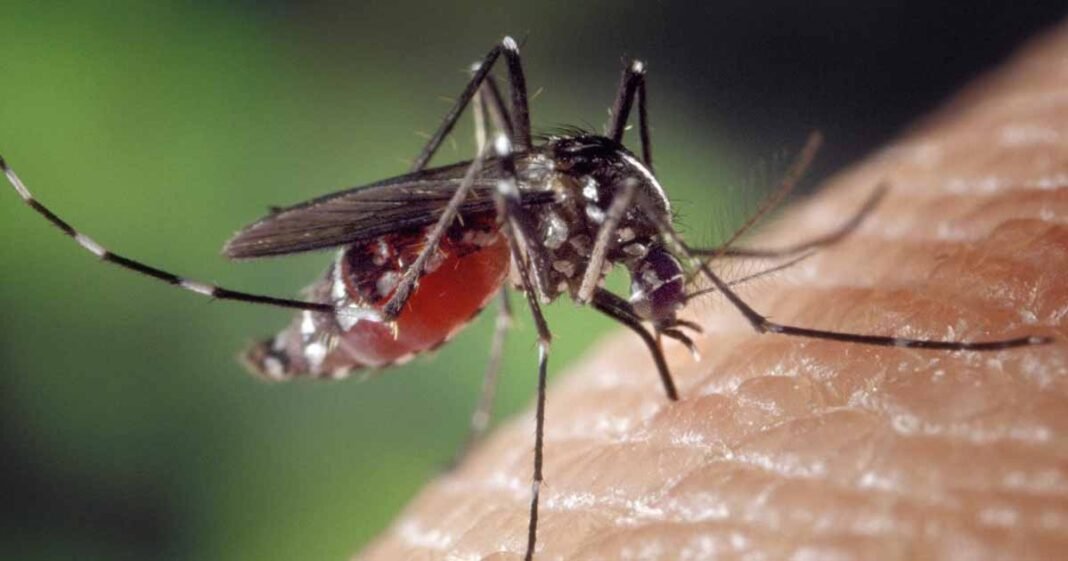Health experts are raising alarm bells over the increasing prevalence of Dengue fever across Europe, issuing a specific warning to Brits and holidaymakers about the disease’s early symptoms and risks. According to recent reports, Dengue fever, once confined to tropical regions, has seen a notable rise in cases within the EU and EEA, doubling last year compared to previous years.
The NHS is particularly cautioning travelers heading to southern Europe, including popular destinations such as Croatia, France, Italy, Spain, Portugal, and Madeira, especially between spring and November. “Dengue fever isn’t found in the UK and can only be transmitted through infected mosquitoes, not person-to-person,” notes health officials. Recognizing the initial signs of Dengue fever is crucial as symptoms typically manifest four to 10 days after being bitten by an infected mosquito.
The disease, historically known as ‘breakbone fever’ due to its severe muscle and joint pain, presents with several early indicators. “The initial sign is usually the mosquito bite itself,” reports Bristol Live. Flu-like symptoms and a persistent fever lasting between two to seven days, with multiple peaks and dips in temperature, are common signs to watch for.
“Dengue fever may start with facial redness and progresses to intense muscle and joint pain, severe headaches, nausea, vomiting, swollen glands, and eye pain,” health experts caution. A red rash may appear on the body days after fever onset, often without itchiness, while bleeding gums are a less frequent symptom.
While some individuals may recover within a few days, others could experience worsening symptoms, including rapid breathing, bleeding gums and nose, extreme fatigue, severe abdominal pain, restlessness, and blood in vomit or feces.
Brits and travelers returning from dengue-prone areas are advised to monitor their symptoms closely and seek medical advice promptly if feeling unwell. “Anyone with symptoms after recent travel should contact 111 online or by phone, informing healthcare professionals about their recent travel history,” urges health guidance. In severe cases, immediate medical attention via 999 or A&E is recommended.
Cleveland Clinic warns that severe dengue, or dengue hemorrhagic fever, can affect one in 20 patients and carries a mortality rate of up to 50% if untreated. Early detection and proper medical care are critical in managing Dengue fever and preventing severe complications.
